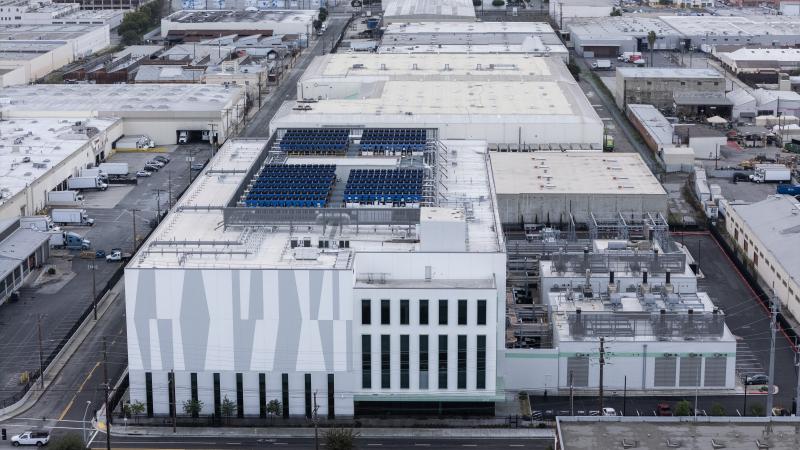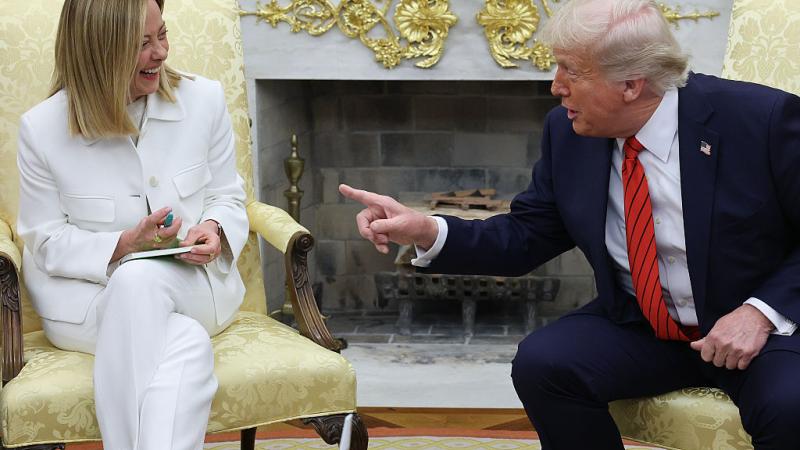Bill aims to limit solar incentives to U.S. companies, but should they exist?
Bryan Riley, director of the National Taxpayers Union's Free Trade Initiative, said that since tax credits work the same as subsidies, the government is effectively picking winners and losers.
(The Center Square) — A federal lawmaker from Georgia has helped introduce legislation he said will further strengthen American energy independence and solar manufacturing.
The American Tax Dollars for American Solar Manufacturing Act, which U.S. Sen. Ossoff, D-Georgia, introduced with U.S. Sens. Sherrod Brown, D-Ohio; Bill Cassidy, R-Louisiana; and Rick Scott, R-Florida, ostensibly aims to prevent Chinese companies from using tax credits intended to boost American solar manufacturing.
"As these policies fuel record growth in solar manufacturing, tax incentives shouldn't be used by Chinese solar companies that threaten our energy security," Ossoff said in a statement. "That's why I'm introducing this bipartisan bill to strengthen American energy independence and manufacturing."
However, Bryan Riley, director of the National Taxpayers Union's Free Trade Initiative, said the question should be why the government created the subsidies, not who receives them.
"In theory, I think we could come up with ideas where these kinds of policies might work," Riley told The Center Square. "The problem is when you get from the theory to practice, usually, you wind up with policies that are more costly and do more harm than good.
"A targeted tax credit is just a form of subsidy, and in some ways, it can be even worse than spending because if the federal government writes somebody a billion-dollar check, well, that's a transparent subsidy," Riley added. "But if they provide a tax credit, people might view that as a tax cut. The transparency of those kinds of subsidies often is not as clear, and that makes it harder in the future to figure out whether they worked or not — even to identify who's benefiting from those kinds of policies."
Like many jurisdictions, Georgia officials have been quick to trumpet their economic development success attracting solar companies to the state.
Riley said that since tax credits work the same as subsidies, the government is effectively picking winners and losers. When the federal government involves itself, decisions are often made for political reasons rather than sound economic ones, he added.
"Broad-based tax reform promotes a more neutral tax code where the government does not have its finger on the scales one way or the other," Riley said. "Those kinds of tax policies are preferable to tax credits, which to me just tend to be another form of subsidies, again, just boiled down to the government picking winners and losers all too often."
















